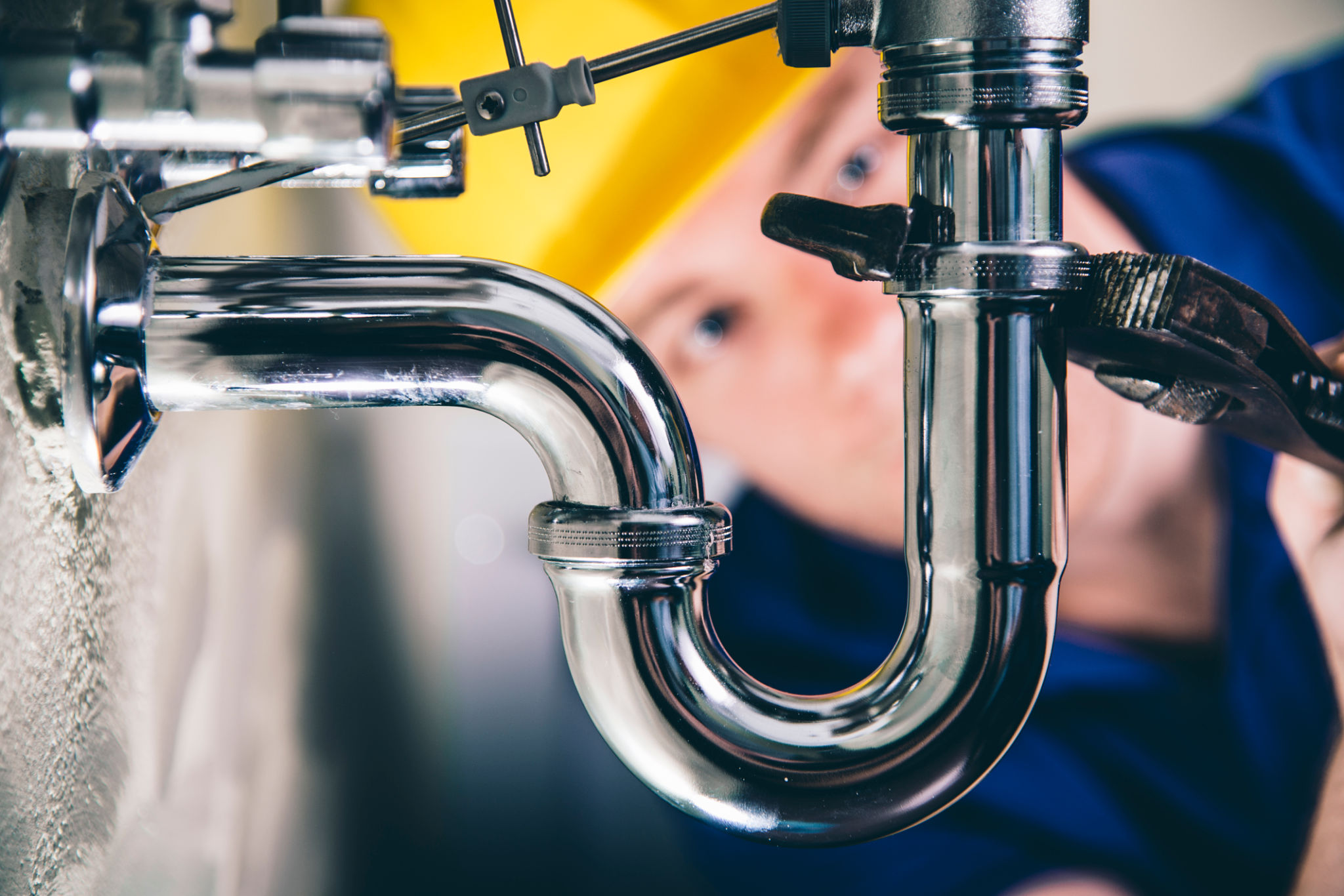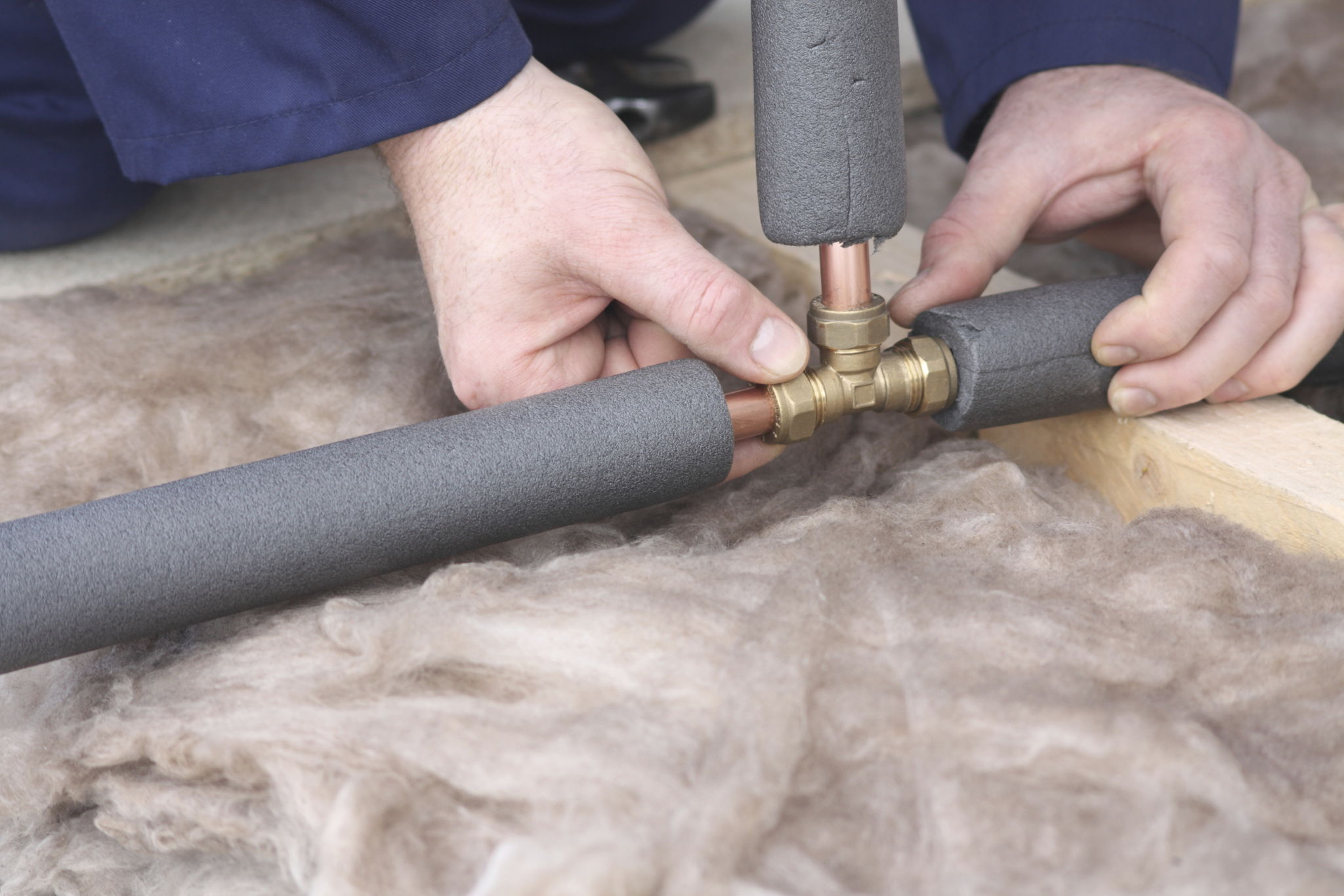Preparing Your Home's Plumbing for Seasonal Changes in Addlestone
Understanding Seasonal Plumbing Challenges
As the seasons change in Addlestone, your home’s plumbing system faces various challenges that can lead to potential issues if not addressed. Whether it's preparing for the cold winter months or the warmer days of summer, understanding what to expect can help you maintain a reliable plumbing system all year round. Seasonal changes can affect your pipes, drains, and overall water system, leading to problems that could be costly if not managed properly.
One common issue during the colder months is the risk of frozen pipes, which can burst and cause significant damage to your home. During warmer months, increased water usage can put a strain on your system, potentially leading to leaks or blockages. By taking proactive steps, you can prevent these seasonal challenges from becoming major headaches.

Winterizing Your Plumbing System
Winter in Addlestone brings freezing temperatures, which can pose a threat to your plumbing system. It’s crucial to winterize your home’s plumbing to prevent pipes from freezing and bursting. Start by insulating exposed pipes in areas like basements, attics, and garages. Pipe insulation sleeves are an effective way to retain heat and protect your pipes.
Additionally, disconnect garden hoses and shut off the water supply to outdoor faucets. This prevents any residual water from freezing and causing damage. It’s also advisable to keep your home’s thermostat at a consistent temperature day and night to reduce the risk of internal pipe freezing.

Checking for Leaks and Drips
Before temperatures drop, inspect your plumbing system for leaks and drips. Even a small leak can lead to bigger issues when temperatures fluctuate. Check under sinks, around toilets, and near water heaters for any signs of moisture or puddles. If you find leaks, repair them immediately or contact a professional plumber for assistance.
Regularly monitoring your water meter can also help identify hidden leaks. Turn off all water sources in your home and check the meter reading; if it changes after a few hours, you likely have a leak somewhere in your system.

Preparing for Warmer Weather
As spring and summer approach, it's equally important to prepare your plumbing system for increased usage. Ensure your outdoor faucets are functioning properly by turning them on slowly and checking for leaks or damage. It's also a good time to inspect your sprinkler system for any broken heads or leaks that may have developed over the winter.
Consider having a professional plumber inspect your sewer lines if you experience frequent blockages as tree roots can invade pipes during warmer months. This proactive measure can save you from costly repairs and ensure smooth drainage throughout the season.
Regular Maintenance Tips
Maintaining your home's plumbing system is an ongoing process that involves regular checks and balances. Create a maintenance schedule that includes tasks like cleaning out gutters, checking sump pumps, and flushing water heaters to remove sediment buildup. These steps can enhance efficiency and prolong the life of your plumbing system.
Moreover, investing in a water softener can help reduce mineral buildup in pipes and appliances, particularly if you have hard water in your area. This can improve water flow and reduce strain on your plumbing components.

When to Call a Professional
While many plumbing maintenance tasks can be handled by homeowners, some situations require professional expertise. If you encounter persistent issues like low water pressure, unexplained spikes in your water bill, or visible signs of pipe corrosion, it’s best to contact a licensed plumber.
A professional plumber not only resolves current issues but also provides valuable advice on preventing future problems. They can conduct a thorough inspection, identify potential risks, and recommend solutions tailored to your home’s unique needs.
By staying proactive with your plumbing maintenance throughout the year, you ensure a safe and comfortable living environment regardless of the season. Preparing for seasonal changes not only protects your home but also saves money by avoiding unexpected repairs.